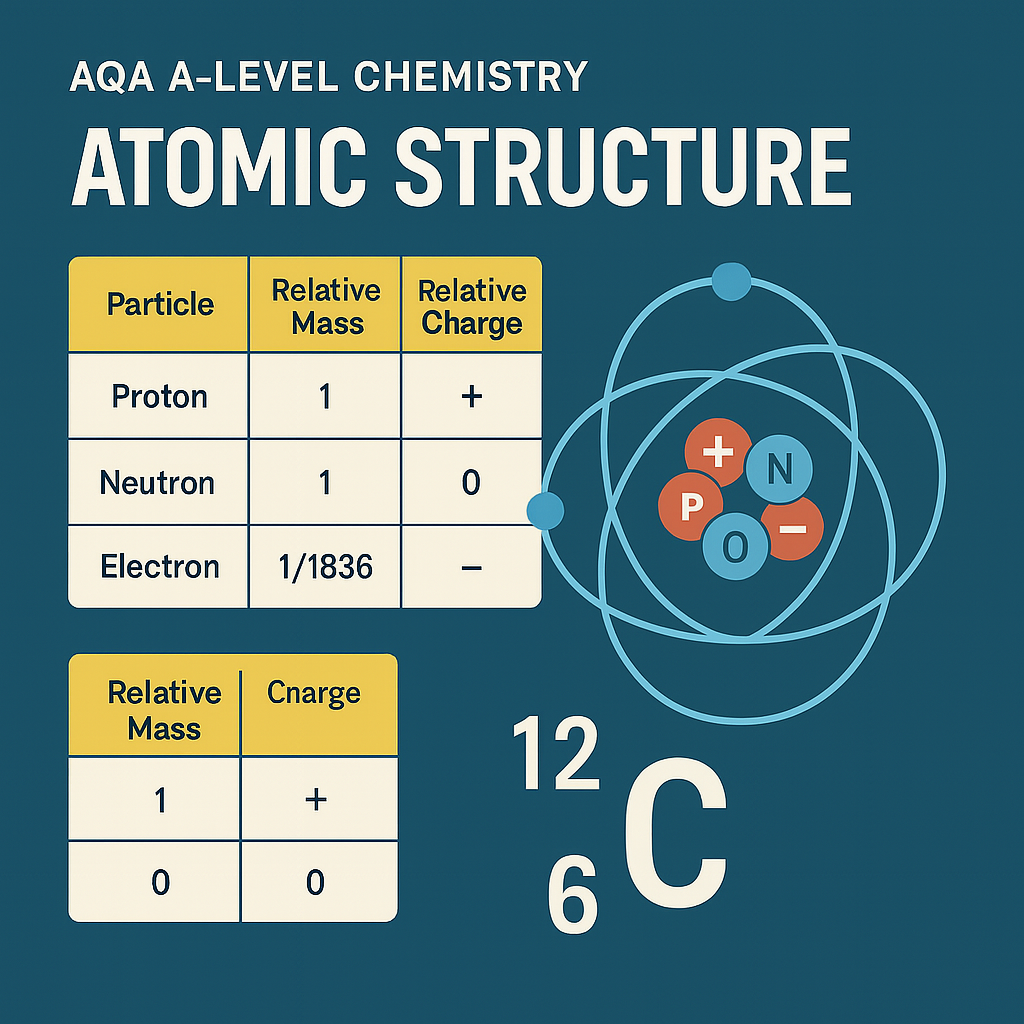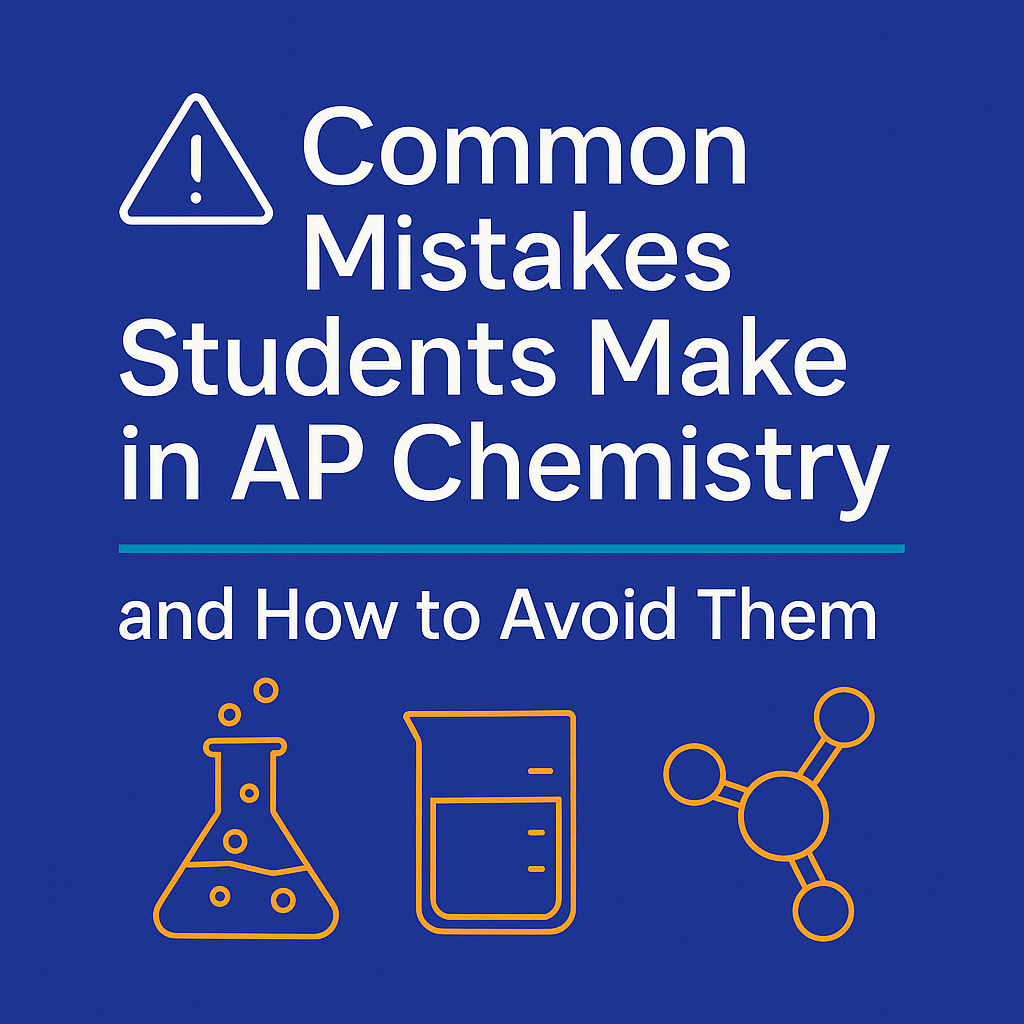The Step Up from GCSE to A-Level Chemistry: What to Expect & How to Thrive
A lot of students find the start of A-Level Chemistry overwhelming—and that’s completely normal.
So you've passed GCSE Chemistry—maybe even smashed it with a Grade 8 or 9—and now you’re thinking, “How much harder can A-Level Chemistry really be?”
Short answer? It’s a step up.
But the longer—and more helpful—answer is this: A-Level Chemistry is absolutely doable with the right mindset, habits, and support.
In this blog, you’ll learn what’s different about A-Level Chemistry, why it feels tougher, and how to make the transition smoothly so you can enjoy the subject while building a strong academic foundation.
What Makes A-Level Chemistry Harder Than GCSE?
The jump from GCSE to A-Level isn’t just about more content. It’s about how much deeper you go and how much more independent your learning becomes.
Here's what changes:
1. Depth Over Breadth
At GCSE, you learn what happens in reactions.
At A-Level, you learn why—and you’ll need to justify everything with theory and evidence.
For example:
GCSE: Exothermic reactions release heat.
A-Level: Energy is released because the energy needed to break bonds is less than the energy released when new bonds form (enthalpy change ΔH is negative).
You’ll explore:
Atomic orbitals and quantum theory
Complex organic mechanisms
Equilibrium and Le Chatelier’s principle
Titrations with detailed calculations
Spectroscopy (NMR, IR, Mass Spec)
2. Mathematical Demand
If you thought Chemistry was just science, think again.
At A-Level, about 20–30% of marks come from maths. You'll need to be confident with:
Rearranging equations
Using logarithms
Calculating moles, concentrations, and pH
Interpreting graphs and gradients
3. Exam Technique Expectations
You won’t get away with vague answers. Examiners want:
Scientific precision
Correct terminology
Logical explanations
Structured working out
What You’ll Need to Succeed
Making the leap from GCSE to A-Level isn’t just about studying harder. It’s about changing the way you learn and how you approach the subject.
1. Active Learning
Re-reading notes won’t cut it anymore. At A-Level, you need to:
Summarise topics in your own words
Use flashcards with spaced repetition
Explain topics aloud (as if teaching someone else)
Practice past paper questions regularly
2. Organisation
A-Level Chemistry moves fast. You’ll need:
A structured folder (physical or digital)
A topic checklist based on your exam board
A revision log or journal to track progress and gaps
3. Resilience
You will get stuck. You will get things wrong. That’s okay.
The difference between a top-grade student and someone who gives up is this: they keep going.
Chemistry rewards persistence. Treat every mistake as feedback.
What Content Builds on GCSE Chemistry?
To hit the ground running in Year 12, it helps to revise some GCSE concepts that form the foundation of A-Level topics:
GCSE Topic —-> A-Level Build Up
Atomic structure —-> Electron configuration in shells and orbitals
Bonding —-> Shapes of molecules, hybridisation, polarity
Periodic table —-> Periodicity, trends in ionisation energy
Rates of reaction —-> Kinetics and rate equations
Acids & alkalis —-> Buffers, Ka, pKa, strong/weak acids
Electrolysis —-> Redox, standard electrode potentials
🎯 Study Tip: Spend a few hours reviewing these before the first term. It makes a big difference.
Recommended Resources for the Transition
Here’s what you can use to support your step up from GCSE to A-Level Chemistry:
Chemistry Textbooks & Guides
CGP Head Start to A-Level Chemistry
Oxford AQA Chemistry for A-Level
Pearson Edexcel A-Level Chemistry Student Book
Chemistry YouTube Channels
MaChemGuy – detailed, exam-board specific lessons
Allery Chemistry – great for OCR and practical explanations
Cognito – animated topic overviews
Chemistry Study Tools
Quizlet for flashcards
Seneca Learning for recap quizzes
Notion or Google Sheets to track revision progress
Physics & Maths Tutor for topic-specific practice
Should You Get a Tutor?
A lot of students find the start of A-Level Chemistry overwhelming—and that’s completely normal.
The role of a tutor during this transition is to:
Reinforce key GCSE foundations
Explain tricky A-Level topics clearly
Help you build confidence in calculations and mechanisms
Keep you motivated and organised
If you’re serious about aiming for a top grade, or if you just want a smoother start, getting personalised support early on can prevent stress later.
🧬 Final Thoughts: A-Level Chemistry Is a Challenge—But a Worthwhile One
If GCSE Chemistry gave you a taste for science, A-Level Chemistry gives you a deeper, more fascinating understanding of how our world works—at the atomic level and beyond.
Yes, it’s more demanding. But it’s also more rewarding.
With the right support, mindset, and strategy, the step up from GCSE doesn’t have to be scary. It’s the beginning of a journey that can take you to medicine, research, engineering, or anywhere curiosity leads you.
Need help bridging the gap from GCSE to A-Level Chemistry?
Book a 15 mins consultation with Dr. Marguerite Quinn and get expert support to make a confident, successful transition. Start strong, stay motivated, and build the skills you’ll need for A-level success.





Understand AQA A-Level Chemistry Section 3.1.1.2 on mass number and isotopes. Learn key definitions, isotope notation, calculations, and how this topic builds your scientific and exam skills.